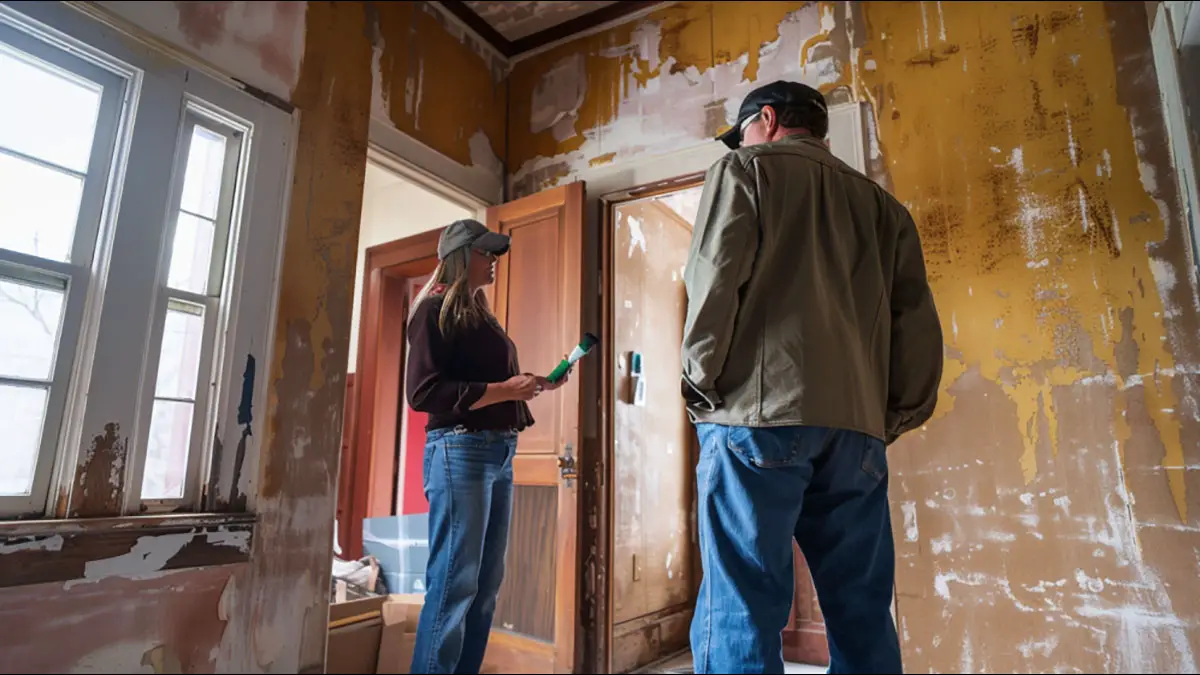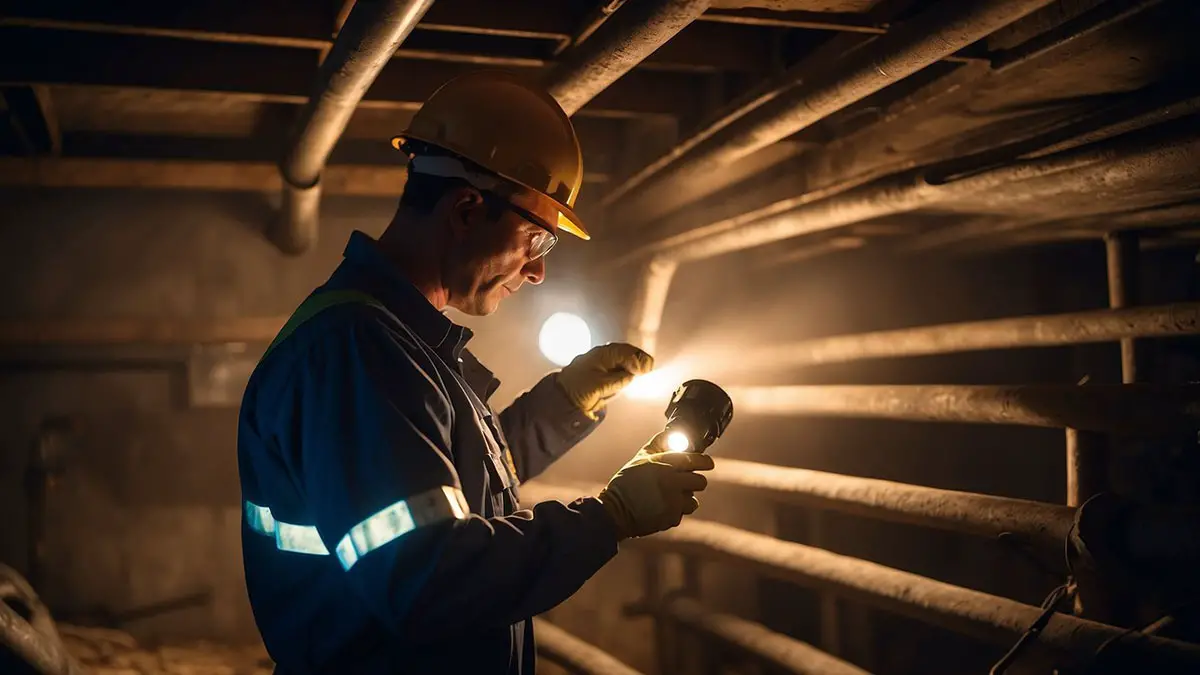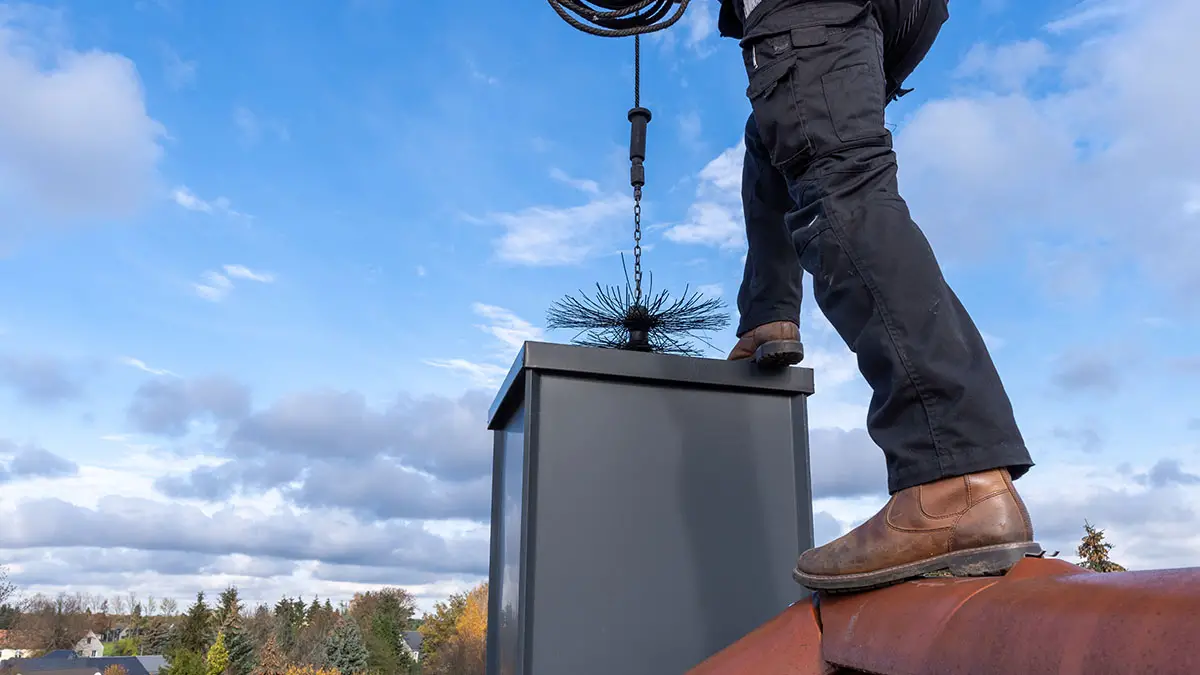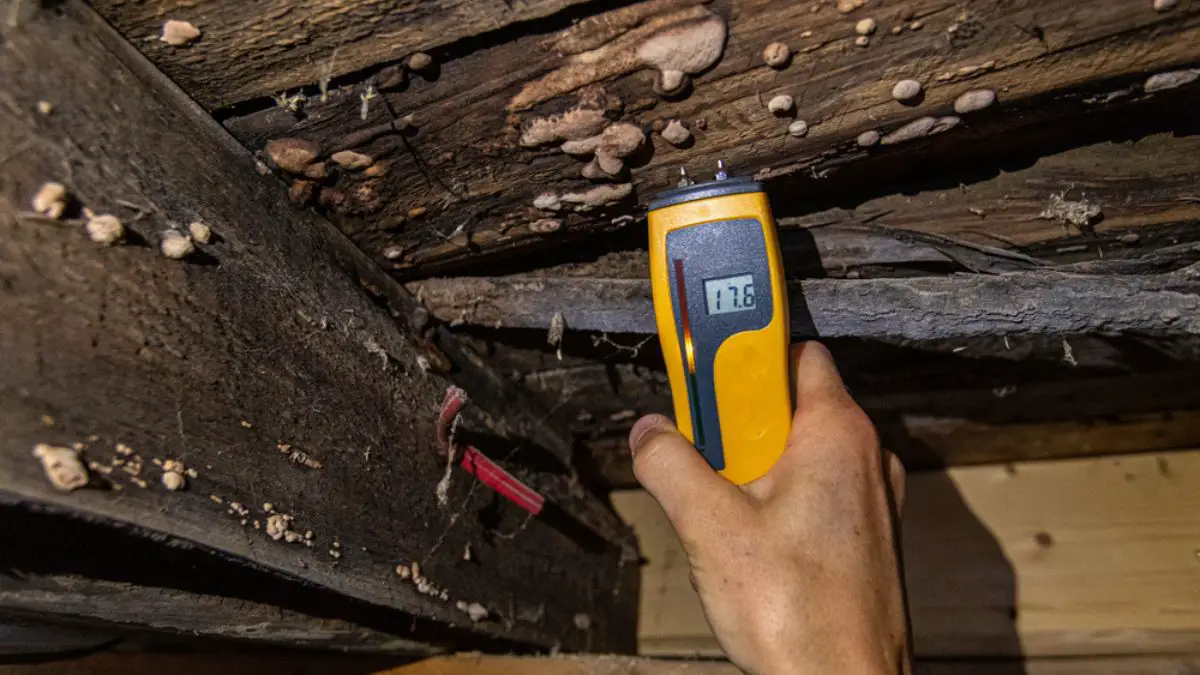Understanding the requirements for these loans, such as “Does a conventional loan require a home inspection?” or “Do lenders require home inspections?” is crucial.
Navigating the world of home buying can be complex, especially when understanding the many types of available loans. Among the most common is the conventional loan, a mortgage not insured by the federal government.
Understanding loan programs allows borrowers to be adequately prepared, helps prevent unforeseen obstacles, and ultimately facilitates a smoother home buying process.
Unlike FHA, VA, or USDA loans, conventional loans are typically backed by private lenders and conform to standards set by government-sponsored entities.
Does a Conventional Loan Require a Home Inspection?
No, a professional home inspection is not required to obtain a conventional loan. But buying a home without a home inspection can be a big mistake. Your real estate agent may require you to sign a home inspection waiver if you decide to skip the home inspection.

Conventional vs. Government Loan Requirements
When you start your home buying journey, you’ll quickly realize different types of loans are available. On one side, you have conforming loans, a conventional mortgage type. These loans follow specific guidelines, and the federal government does not back them.
Government-backed loans like FHA loans, VA loans, and USDA loans have their own rules and are, as the name suggests, backed by Uncle Sam.
Now, let’s talk about two giants in the mortgage world: Fannie Mae and Freddie Mac. These entities set the guidelines for conforming loans. Unlike government-backed loans, conforming meets HUD standards, but they often come with more flexible terms and potentially lower interest rates.
What is a Home Inspection?
A home inspection is a visual inspection of a home’s condition conducted by a qualified professional inspector. It involves an examination of the home’s physical structure and mechanical systems, including but not limited to the roof, HVAC system, plumbing, and electrical systems, to identify any potential safety issues or material defects.
Many prospective homeowners often ask, “Is a home inspection required for a loan?” or “Do you need a home inspection for a mortgage?
A home inspection is not required in any US State but is recommended as part of your due diligence contingency. It’s important not to confuse a professional home inspection with a real estate appraisal.
Home Appraisal Requirements
When you’re on the path to homeownership, you’ll inevitably come across the term “home appraisal.” So, what exactly is it, and why is it so crucial? Let’s delve into the specifics.
First and foremost, let’s introduce the key player in this process: the home appraiser. This professional is tasked with determining the current market value of a property. They’ll visit the home, assess its condition, size, and location, and compare it with recent sales of similar properties in the area. Their goal? To provide an unbiased valuation of the home you’re eyeing.
You might think, “Isn’t that what a home inspector does?” Not quite. While both roles are pivotal in home buying, they serve distinct purposes. A home inspector focuses on the nitty-gritty details of the property.
They’ll check the foundation, plumbing, electrical systems, and more, looking for potential issues or defects. Their primary concern is the home’s condition and safety. On the other hand, a home appraiser zeroes in on the property’s worth in the current market.
So, why is a home appraisal so essential in the loan process? Here’s the deal:
- Risk Management for Lenders: Lenders want assurance. Before handing over a significant sum, they must know the property is worth the investment. An appraisal provides this confidence, ensuring the home’s value aligns with the loan amount.
- Protecting Your Investment: As a buyer, you don’t want to overpay. An appraisal ensures you get a fair deal, preventing you from spending more than the property’s actual worth.
- Loan Approval: The appraisal value directly impacts your loan approval. If the appraisal is lower than the purchase price, you might need to renegotiate or create a larger down payment.
An appraisal, which banks and mortgage companies do require, evaluates the property’s market value. The appraiser looks at the home’s size, condition, location, and recent sale prices of comparable homes in the area.
Though inspections and appraisals play integral roles in home buying, they serve different purposes. A home inspection is primarily for the buyer’s benefit, while an appraisal protects the lender’s investment.

Home Inspections and Conventional Loans
Now, to address the question: “Does a conventional loan require a home inspection?”
While it’s common for homebuyers to wonder, “Do conventional loans require a home inspection?” or “Are home inspections required for conventional loans?” it’s important to understand conventional loans do not explicitly require a home inspection.
However, this does not mean a home inspection is unnecessary. It is highly recommended for potential homeowners as it provides a detailed understanding of the property’s condition. This knowledge can be beneficial in negotiating repairs or the price of the home, planning for future maintenance, and ensuring the home’s overall safety.
While lenders typically require an appraisal to ascertain the home’s market value, they do not require a home inspection. This is because, unlike an appraisal, a home inspection primarily protects the buyer rather than the lender.
Why Home Inspections are Important When Buying a Home?
Even though a home inspection is not a requirement for a conventional loan, its benefits to potential homeowners are significant. Here are a few key advantages:
- Identifying Potential Problems: A home inspection can reveal hidden issues such as structural damage, plumbing problems, or electrical faults that might not be immediately noticeable. Knowing these issues beforehand can save you from unexpected costs and troubles.
- Negotiating Leverage: Information from the home inspection can be used to negotiate the property’s price. If repairs are needed, buyers can request the seller fix or reduce the asking price accordingly.
- Future Planning: A home inspection can help you plan for future costs. By understanding the condition and lifespan of essential components such as the roof, HVAC system, or water heater, you can budget for necessary replacements or repairs in the future.
- Peace of Mind: Perhaps the most valuable benefit of a home inspection is the peace of mind it provides. Knowing that you’re making a well-informed decision about your investment can alleviate much of the stress of buying a home.
Home Inspection vs. Appraisal
While both a home inspection and an appraisal are integral parts of the home buying process, they serve different purposes.
A home inspection focuses on the physical condition of the property. It’s designed to reveal potential problems with the home’s structure, systems, and components, from the foundation to the roof.
An appraisal determines the property’s market value. An appraiser will evaluate the location, size, condition, and recent comparable sales to determine an estimated market value to show the property is worth the purchase price.
If an FHA-backed loan fails the basic appraisal inspection, you may still qualify under the FHA 203k program, where you can buy fixer-uppers and renovate after purchase.
What You Will Need for a Conventional Loan?
These are the primary requirements for a conventional loan. It’s essential to consult with a mortgage expert or lender to get a comprehensive understanding tailored to your specific situation.
Down Payment:
- A down payment as low as 3% is possible for first-time home buyers.
- If you’re not a first-time home buyer or making no more than 80% of the median income in your area, the down payment requirement is 5%.
- For properties with more than one unit, you may need a down payment of 15%.
- A down payment of at least 10% is required for a second home.
- If you opt for an adjustable-rate mortgage, the minimum down payment is 5%.
Private Mortgage Insurance (PMI):
- If your down payment is less than 20%, you must pay for PMI. This insurance protects mortgage investors in the event of a loan default.
- PMI can be paid as part of your monthly mortgage payment, upfront during closing, or in the form of a slightly higher interest rate.
- Once you reach 20% equity in your home, you can request your lender to remove the PMI. At 22% equity, the lender will automatically remove it.
Credit Score:
- Typically, a credit score of at least 620 is required to qualify for a conventional loan.
Debt-To-Income Ratio (DTI):
- Your DTI represents how much your monthly income is used to pay off debts. You can be approved with a DTI of up to 50% for most conventional loans. However, a lower DTI increases your chances of approval.
Loan Size:
- Your loan must fall within the limits of Fannie Mae and Freddie Mac. For 2023, the limit for a single-family home is $726,200. However, there are exceptions for areas like Alaska and Hawaii, where the limits can go up to $1,089,300.
Other Convention Loan FAQs
How strict is a conventional loan appraisal?
A conventional loan appraisal is typically quite strict but not as strict as Government-backed loans like FHA, VA, or USDA. The appraiser must determine the home’s fair market value, which requires an in-depth evaluation of several factors, such as property condition, location, features, and recent sales data for comparable properties in the area.
Is an inspection required for a home loan?
A home inspection is not required but is recommended. A termite inspection is required and can be performed by a pest control company or qualified inspector.
Does a USDA loan require a home inspection?
No, USDA does not require a home inspection. You will hear the words FHA or HUD inspection used but referencing the appraisal, which includes a basic safety inspection to ensure the home meets HUD standards.
Can you get a mortgage without a home inspection?
Yes, you can get a mortgage without a home inspection. You will need to sign a home inspection waiver stating you were offered the opportunity to have a home inspection but declined.
Conclusion
Home buying can be complex and daunting, particularly for first-time buyers. While a home inspection may not be mandatory for all types of loans, its benefits are undeniable. It provides crucial insights into the property’s condition, helps negotiate prices, and prepares you for future expenses.
On the other hand, an appraisal gives you an unbiased estimate of the property’s market value, ensuring you’re paying a fair price.
Whether it’s a home inspection revealing a hidden structural issue or an appraisal confirming the property’s worth, both processes protect your investment. Therefore, even if they’re not required, it’s wise to consider both to make an informed decision when purchasing your new home.
Remember, buying a home is not just about the price tag—it’s about ensuring it is a safe, sound, and worthwhile investment for your future.







